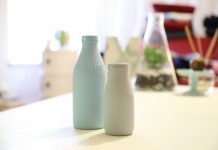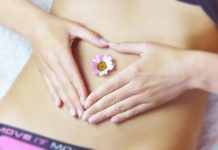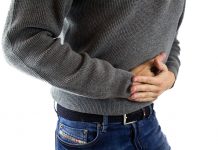
I have recently been diagnosed with possible gallbladder disease. This has not been confirmed yet as the blood work and ultrasound has not been completed yet. The doctor has prescribed Prevacid for now and will follow up when the results of the tests are back.
In the meantime, he has advised a bland diet as my stomach is quite inflamed and I am still experiencing pain and discomfort. I have been trying to find diet information on the internet and have yet to find it. As I came across your web page I thought perhaps you would be able to help.
So far I am eating oatmeal in the morning and canned chicken broth with a little orzo for my other meals. I also have been eating saltine crackers when I am having pain and that seems to relieve it for a while. I have been craving an ice cold diet coke, but have been told by the doctor to avoid caffeine for the present. Can you please help?
Prevacid blocks acid in the stomach. It is used to treat ulcers, esophagitis and excess acid secretion. The only food that is more acidic than stomach acid is lime juice so any food you put in your stomach will neutralize the acid. Unfortunately, the smell of food will stimulate acid secretion.
A bland nutrition therapy would help an acidic stomach, but do nothing for gallbladder disease. So in the meantime, also don’t eat high-fat foods. If you have food in your stomach, the acid in your stomach will work on the acid rather than your stomach. So it might make sense for you to eat 6 small meals a day. Foods to include are any cooked or canned foods, but no raw fruits or vegetables or whole grains. You could call it an anti-fiber nutrition therapy in that the foods you would eat for fiber are not recommended for a bland diet. Also, for now, avoid gas forming foods like broccoli, Brussels sprouts, cabbage, cauliflower as well as baked beans or dried beans and peas. This would also work well if you had gallbladder disease instead. Specific foods like coffee, tea or caffeine-containing beverages as well as any pepper (black, white, cayenne), chili powder, curry powder, chocolate, caffeine, and alcohol are also omitted on a bland diet.
We used to push milk products with people who had ulcers but have learned not to do that as milk increases acid secretion. Two cups of milk per day are sufficient and support calcium needs.
If it turns out you do have an ulcer, ask your doctor if it could possibly be caused by an infection. Helicobacter pylori infect the stomach and cause pain. Antibiotics are prescribed rather than drugs to control acid secretion.
Once your doctor diagnoses your problem, ask to talk to a registered dietitian to give you the appropriate nutrition therapy and help you with menu planning to include your food preferences.


